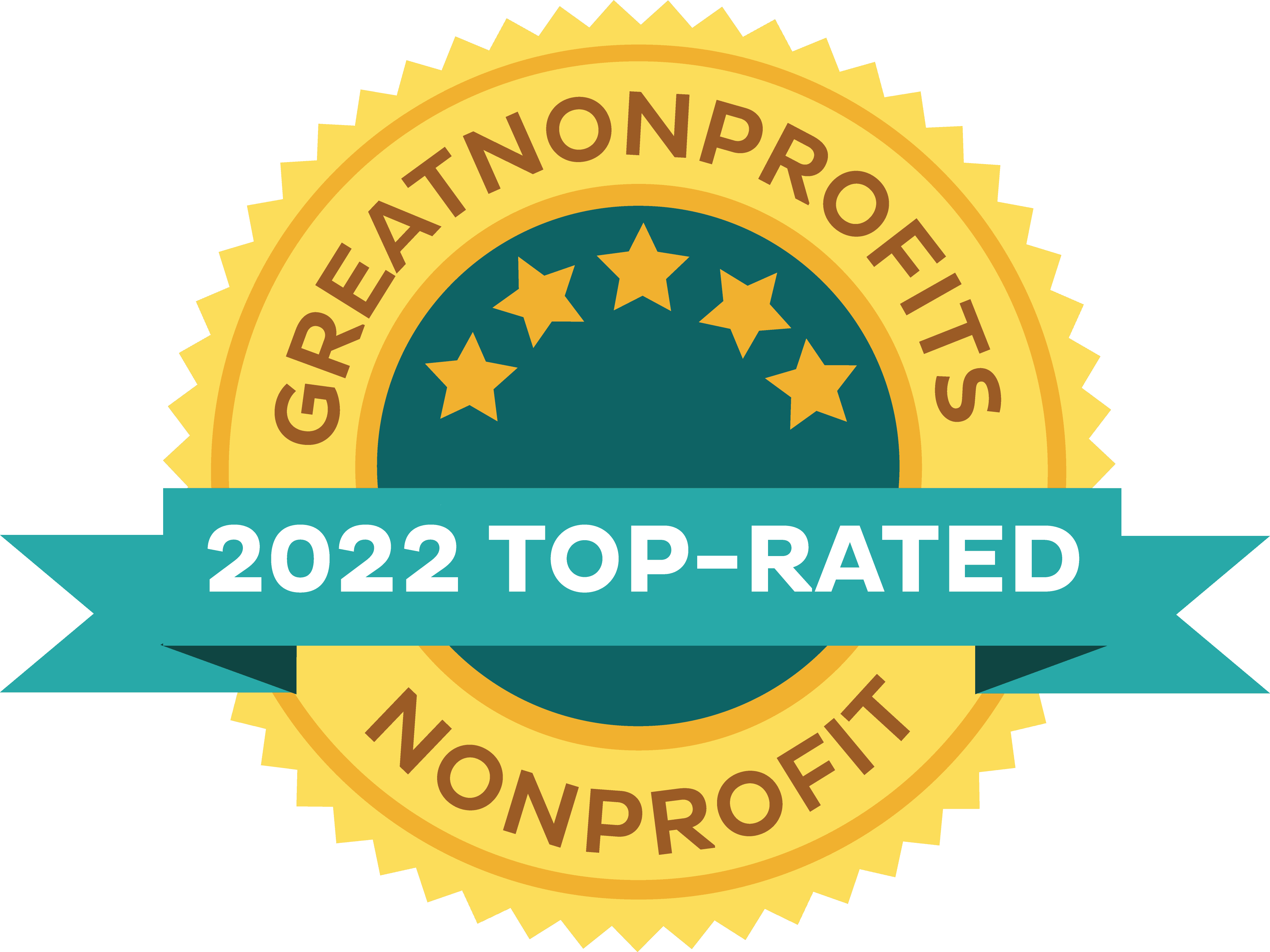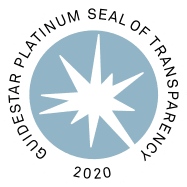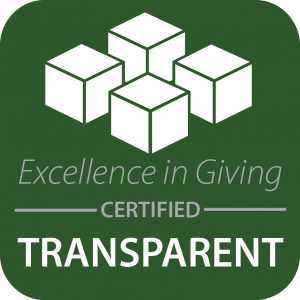Alejandra Franganillo has liberty in her blood, coming from a Cuban family that immigrated to Puerto Rico. With such a strong foundation, she felt isolated when she got to college. She said she felt like “a lone libertarian” on campus until she found Students For Liberty.
“I was born in San Juan, Puerto Rico. My family is completely Cuban; they immigrated. My first two years of college, I studied at a university in Puerto Rico and I was a lone libertarian and through Twitter, I saw Gloria Alvarez do a little announcement for Students For Liberty.”
“They had this T-shirt that said, ‘Less Marx, More Mises,’ I was like, ‘Wow, this is amazing. This is exactly what I need.’ Because I always felt alone in my battle as a student, thinking differently, and the majority being socialists and very openly leftists. And I was like, I need a group where I can feel like I have an army behind me because it’s hard fighting battles when you’re alone.”
“My great-grandfathers, they didn’t know how to read, they didn’t know how to write, they only got to the third grade. They only knew how to roll tobacco, make tobacco. They came to the little town that my family is from, it’s very rural. They came and they started working at a tobacco factory.”
“They had this idea that they didn’t want to work in a tobacco factory, we want to be entrepreneurs and have our own business, so they started making dulce de coco, which is like coconut pastries. They started selling house by house, on top of their backs. And that was excruciating for years until they had enough money and made a very big factory, which my family has been known for when we go there because it was taken away by the revolution.”
“The sad thing is when the revolution came, and it was taken away, they took away the example for my family. Years of hard work and years of having that entrepreneurial spirit, and wanting to become better and live a better life with the limited resources they had, because my great-grandfathers had a third grade education. And they did it.”
“The first time I went to Cuba, I was 16 years old. I grew up with a Cuba that no longer exists, because my grandparents always told me of Cuba, always you have the idea it is a dictatorship, but they never indulge it. What I learned was my culture and my history. I’ve always been a lover of Cuban history, and all those things. When I thought that my first time in Cuba would be like that, I was like, ‘Okay, this is going to be amazing.’ That innocence you have when you don’t know and you haven’t been there to see.”
“That’s always how I describe it, like that painful nostalgia that you want to go back knowing you can’t. And so when you see situations, like what happened in 2019 with Juan Guaido and thousands of Venezuelans marching, there was this whole feeling of ‘We’re finally going to get back home.’ I called my grandma when the protests were happening. She was crying. We were all crying, ‘Oh, my God, grandma I can’t believe it’s happening.’ She’s like, ‘I can’t believe I can go home without any problem.’ So it’s that nostalgia, my grandma has been out of Cuba for 50 years. So that constant 50 years of grieving, of wanting and desiring, it’s all of that.”
“The problem is the system, the communist system that has not let Cuba flourish, that has not let Cuba expand its tradition and has turned people and the Cuban culture into what I call a savagery because they have been for 62 years in a state of survival. So when you’re in that constant state, you have no time for culture, you have no time for celebrations. When I came from Cuba, I decided that I would dedicate my whole life to helping Cuba.”
“I started activism when I was 17 years old, and I joined the Cubanos Unidos in Puerto Rico. I joined as a youth leader, and would recruit young people to talk about Cuba. But when I got to college, it was really difficult because there was no interest at first, and there was really no motivation for students to come and join. The student groups were usually leftists and feminists and it’s really hard to kind of penetrate and go and talk about freedom, and especially in college in Puerto Rico; the majority of them are socialists. That’s the reality of it. It was very hard for me.”
That’s when Alejandra joined Students For Liberty and everything changed.
“When I got here to Miami, I was already part of SFL, and we had a great event on campus with Gloria Alvarez talking about the problems in Latin America. I’ve been very active talking about Cuba, we had a club, and we brought a lot of activities there. So that’s mainly how I’ve been doing the activism part. Anytime I join something on campus, there’s always an agenda.”
“Every time I had this space to talk about freedom, to talk about what’s happening in Cuba, to talk about the importance of educating people on the topics of liberty, has always been pivotal for me. So that’s how I do it. With SFL, because I have the resources, I have friends and the group of people behind me saying ‘Okay Alejandra, you got this and go do it.’ So that has been incredible for me, that has made me very proud to be part of SFL.”
“There is optimism because it’s a 62-year-old dictatorship. Cuba has been isolated for 62 years. It’s a literal, totalitarian regime. Cuba is the picture perfect totalitarian regime, like the Nazis, like the Soviet Union and fascism. It’s styled like that. Completely isolated, complete propaganda, complete recollection of what is to be Cuban, and they have joined it with the revolution. So it has been like… Cubans are blinded. And so when the internet came, Cubans started to see what’s going on and they started getting new information. This is optimism, because this has never happened before.”
“Now, the thing is, all of us are now going to sleep with a lot of insecurity, because there have been no more protests due to the repression. I mean, thousands of people disappear, like 400 detained, and they’re scared. That’s the reality of the regime. It is very strong, and people are scared because they’re killing people in the streets. They’re taking them away for no reason. So it’s a problem.”
“Cuba Libre will not happen tomorrow, it will not happen overnight. Like they say, Rome was not built in a day. But the spirit is there, the passion is there. And they’re not afraid. There is no fear anymore like before. So those three things give me the idea that this is really going to be an escalating thing. And this is definitely the beginning of the end.”
“What is Cuba Libre? It is understanding that Cuba needs a transition to a new government that respects individual rights, where institutions respect individuality and individuality is protected. And Cubans can have the right to pursue their own lives and their own happiness. That is what Cuba Libre means to me.”

















